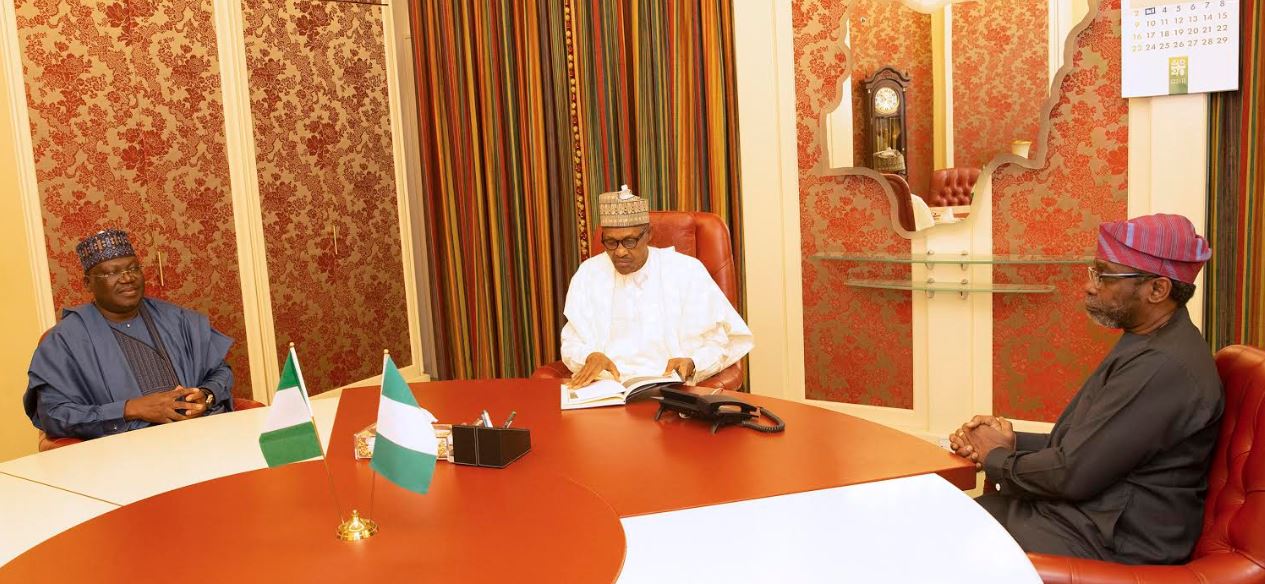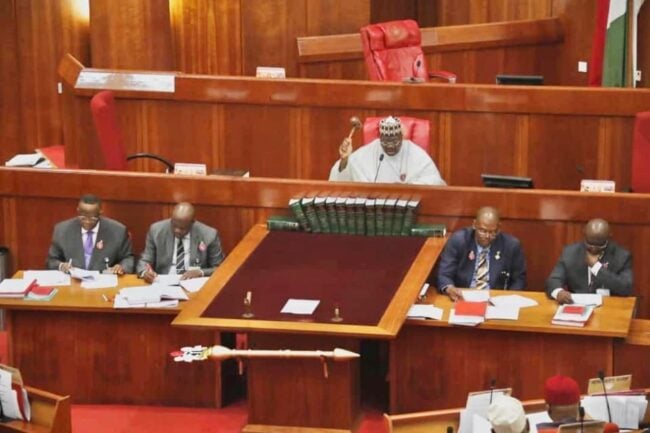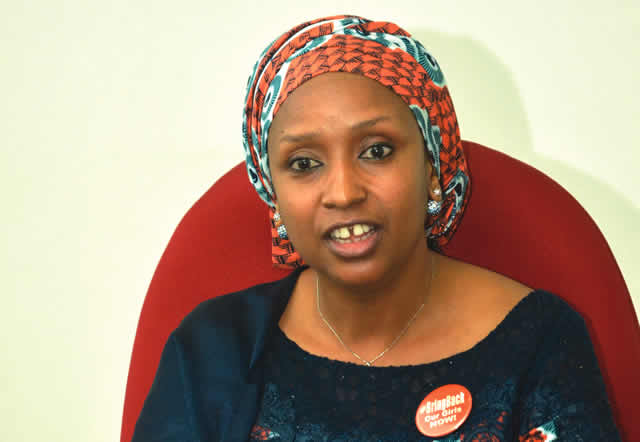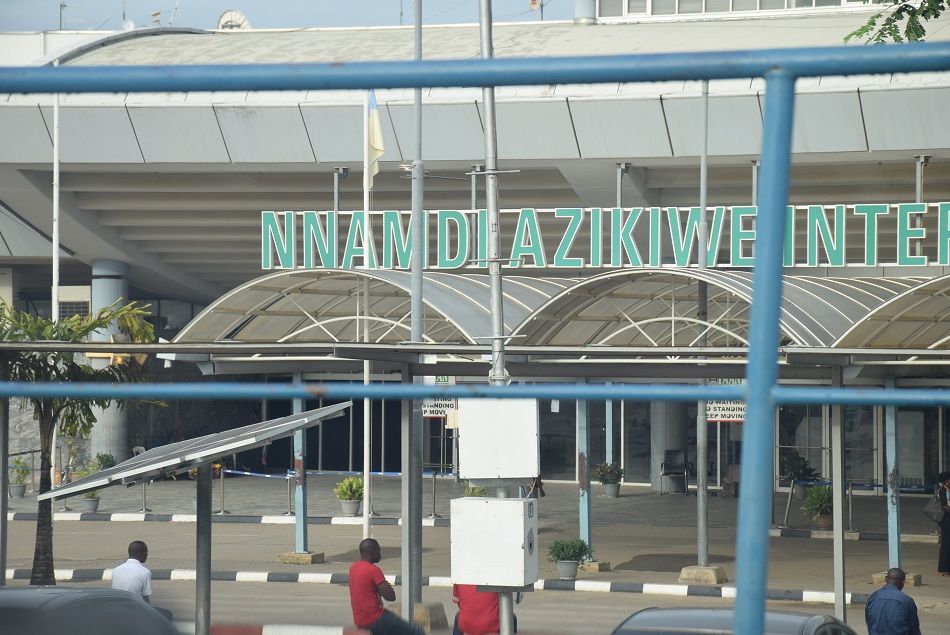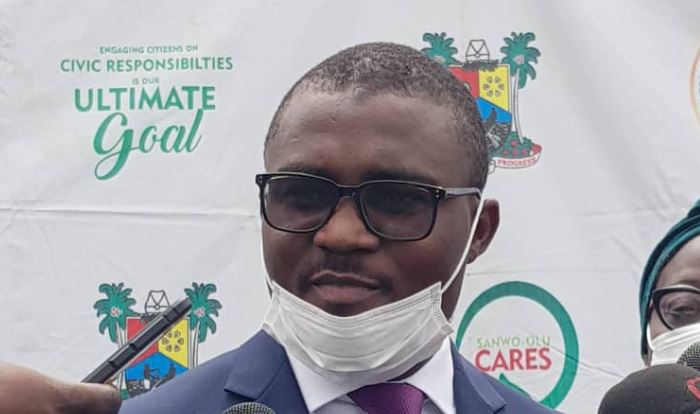BY DATAPHYTE
Provisions from the revised 2020 budget have continued to stimulate discussion on Nigeria’s revenue management framework and the country’s commitment to development. From the meagre provision for healthcare and education to the untouched legislature expenditure, the budget revision has been described as unsatisfactory. But a further review of the revised budget reveals components that raise more questions. Provisions for the Presidential Amnesty Program (PAP) is one of such.
The Presidential Amnesty Program has retained its initial ₦65 billion budgetary appropriation for 2020. Yet, allocations for many MDAs have been revised pending legislative approval. Against the background that provisions for critical development items such as education and health have been reviewed downward, this raises concern. A recent DATAPHYTE report, revealed about 55 percent downward adjustment of the statutory transfer to Universal Basic Education. Also, Basic Health Care Fund was downsized by over 42 percent of the initial budgetary allocation.
In the same vein that the reduction of capital allocation to health and education is raising concerns among citizens and stakeholders, retained allocation to the Amnesty Programme has raised questions. As a reminder, the Presidential Amnesty Programme was initiated in 2009 to resolve the agitations and militancy in the Niger-Delta. The militancy reform programme, which has operated for over ten years, had about 20,000 repentant militants as participants at its start.
Advertisement
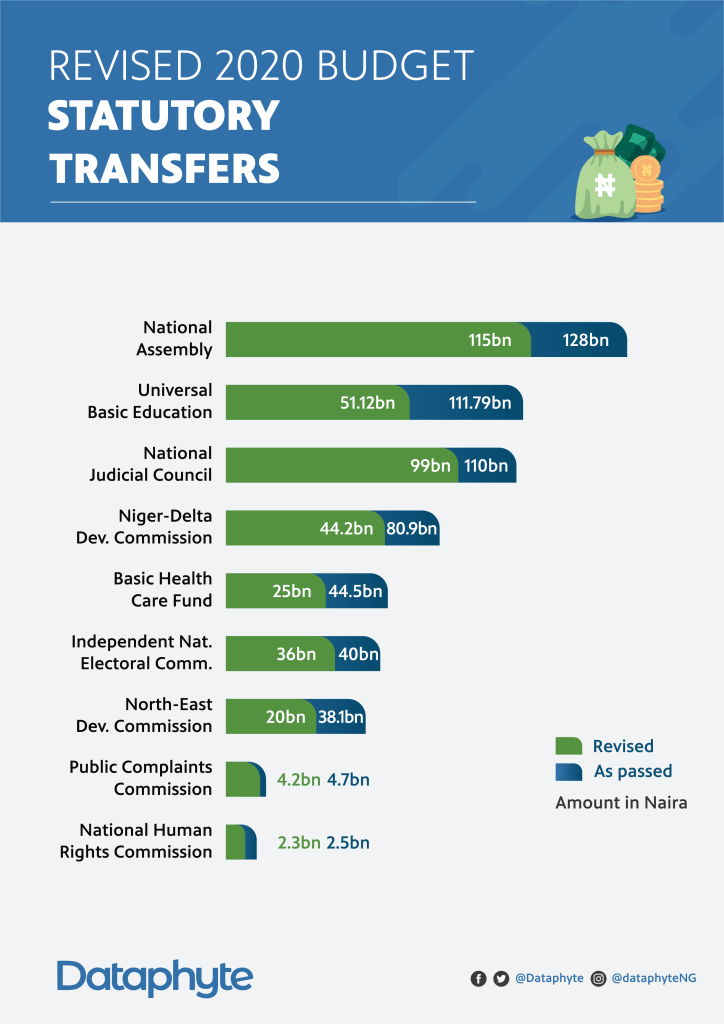
A DATAPHYTE analysis in March revealed that monthly stipends to ex-militants amounted to about ₦1.3 billion monthly. Over the span of years, not less than ₦150 billion must have been spent on monthly stipends for ex-militants alone. This is exclusive of other costs including administrative costs as well as the cost of vocational training. Between 2009 and 2011, a gross budgetary allocation of ₦127 billion was allocated to the amnesty initiative.
Despite the huge investment, opinions suggest that the scheme has not necessarily addressed the root causes of the crises in the Niger-Delta. Also, the Amnesty Programme has received numerous petitions and allegations of corruption and systemic gaps in the program structure have allowed for abuse of processes. Further, there are views that after ten years of presidential support, PAP have served its time and should be overhauled.
As at the time of this re3port, the website account of the organisation has been suspended.
Advertisement
Beyond the inefficiencies in PAP, the revised budget revealed that the gross budgetary provision for PAP is a tiny fraction less than combined provision for the infrastructure needs of both the Niger-Delta and the North East regions. While a budgetary provision of ₦65 billion has been earmarked to PAP, the Niger Development commission is to receive ₦44.2 billion. Also, only ₦20.94 billion has been allocated to the North East Development Commission. In total, only ₦65.15 billion has been allocated for the development needs of the 15 states under the purview of these two development agencies.
The fiscal rational to prioritize the rehabilitated militants over the infrastructure needs as well as the education and health needs of Nigerians is disturbing. From the revised budget, it appears that vulnerable and underserved Nigerians will continue to be robbed just to pay militants. With the realities, it may appear that violence and militancy are indeed highly profitable in Nigeria.
Above all, the retained ₦65 billion budgetary provision for the Presidential Amnesty Programme raises questions on the importance of the program. Perhaps it is time for the government to explain why the amnesty program rates above citizen’s need for education and health. Also important is the need for the government to explain why militant’s payment is more priority than the infrastructure needs of over 15 states. It should also explain why the Presidential Amnesty Program remains untouched in the budget revision. There is also the need for the government to provide clarification on the state of accountability in the Presidential Amnesty Program.
Advertisement

